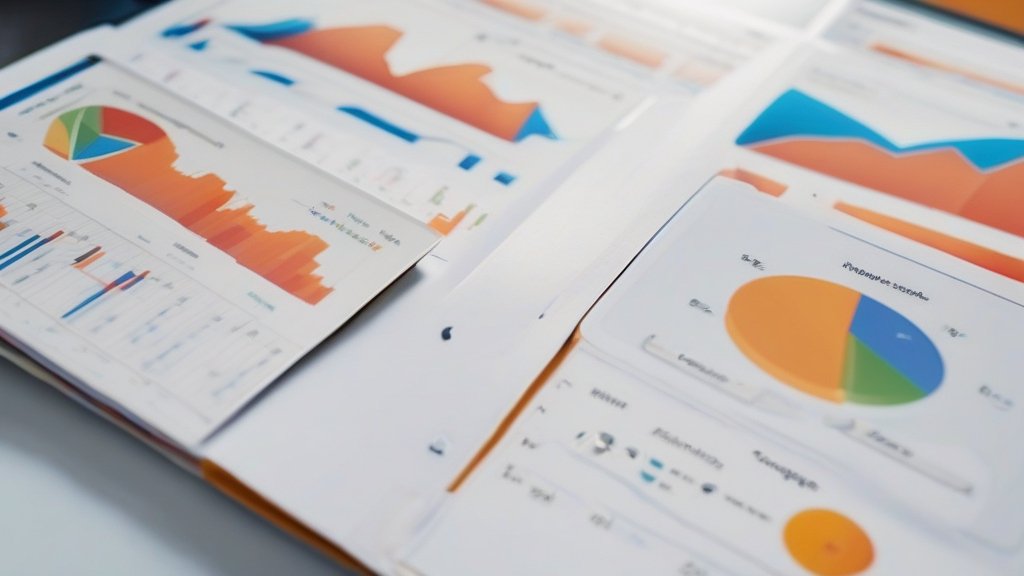Google Analytics Mastery: 10 Tips to Elevate Your Marketing Strategy
Unlock the Potential of Your Marketing Efforts with Google Analytics Insights

Google Analytics is a powerful tool that provides valuable insights into website performance, user behavior, and marketing effectiveness. By leveraging its features effectively, you can enhance your marketing strategy and achieve better results. Here's how to use Google Analytics to improve your marketing strategy:
1. Set Up Goals and Conversions : Define specific goals for your website, such as newsletter sign-ups, purchases, or form submissions. Use Google Analytics to set up conversion tracking for these goals, allowing you to measure their performance and optimize your marketing efforts accordingly.
2. Track Traffic Sources : Analyze the sources of traffic to your website, including organic search, paid search, social media, referrals, and direct traffic. Identify which channels are driving the most traffic and conversions, and allocate your marketing budget accordingly.
3. Understand Audience Demographics : Use Google Analytics to gain insights into the demographics of your website visitors, including age, gender, location, and interests. Tailor your marketing messages and strategies to better resonate with your target audience.
4. Analyze User Behavior : Dive deep into user behavior on your website, including pages visited, time spent on site, bounce rate, and conversion paths. Identify high-performing pages and areas for improvement, such as optimizing landing pages or streamlining the checkout process.
5. Monitor Content Performance : Evaluate the performance of your content by analyzing metrics such as page views, average time on page, and bounce rate. Identify popular content topics and formats, and create more of what resonates with your audience.
6. Optimize Campaign Performance : Track the performance of your marketing campaigns using UTM parameters and campaign tracking in Google Analytics. Measure key metrics such as clicks, conversions, and ROI to determine which campaigns are most effective and refine your strategies accordingly.
7. Utilize E-commerce Tracking : If you run an e-commerce website, enable e-commerce tracking in Google Analytics to gain insights into sales performance, product popularity, and customer behavior. Use this data to optimize product offerings, pricing, and promotional strategies.
8. Set Up Custom Reports and Dashboards : Create custom reports and dashboards in Google Analytics to track the metrics that matter most to your business. Customize the data visualization to quickly identify trends, anomalies, and opportunities for optimization.
9. Monitor Mobile Performance : With the increasing use of mobile devices, it's essential to monitor the performance of your website on different devices and screen sizes. Use Google Analytics to analyze mobile traffic, engagement, and conversions, and optimize your mobile experience accordingly.
10. Continuous Optimization : Regularly review your Google Analytics data and use it to inform ongoing optimizations to your marketing strategy. Experiment with different tactics, measure their impact, and iterate based on what works best for your business goals.
By leveraging the insights provided by Google Analytics, you can make data-driven decisions to optimize your marketing strategy, improve user experience, and ultimately drive better results for your business.





